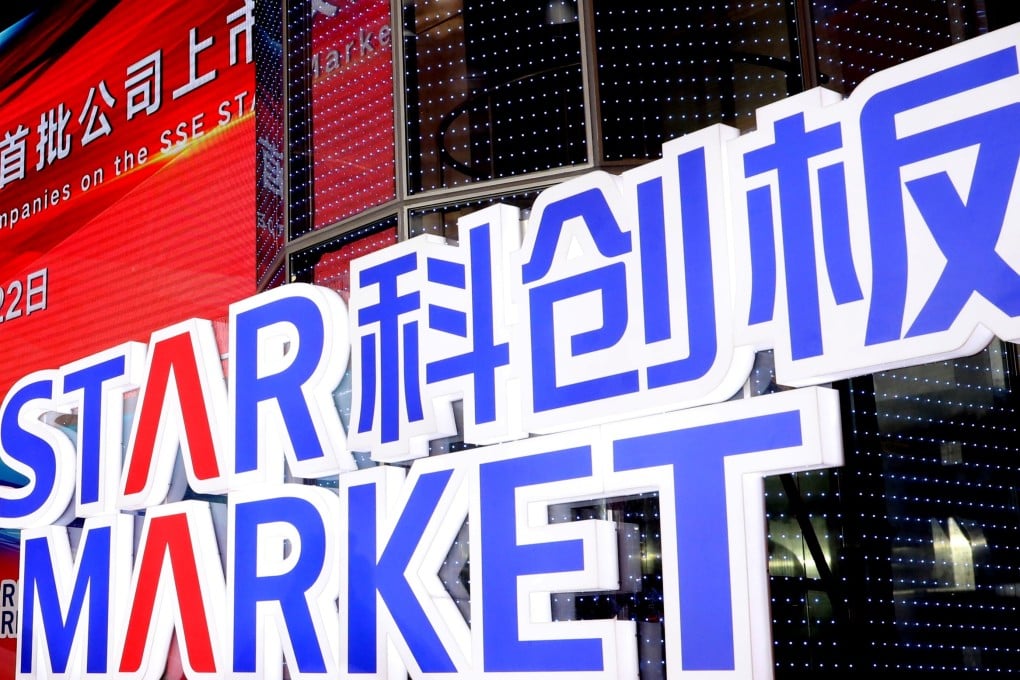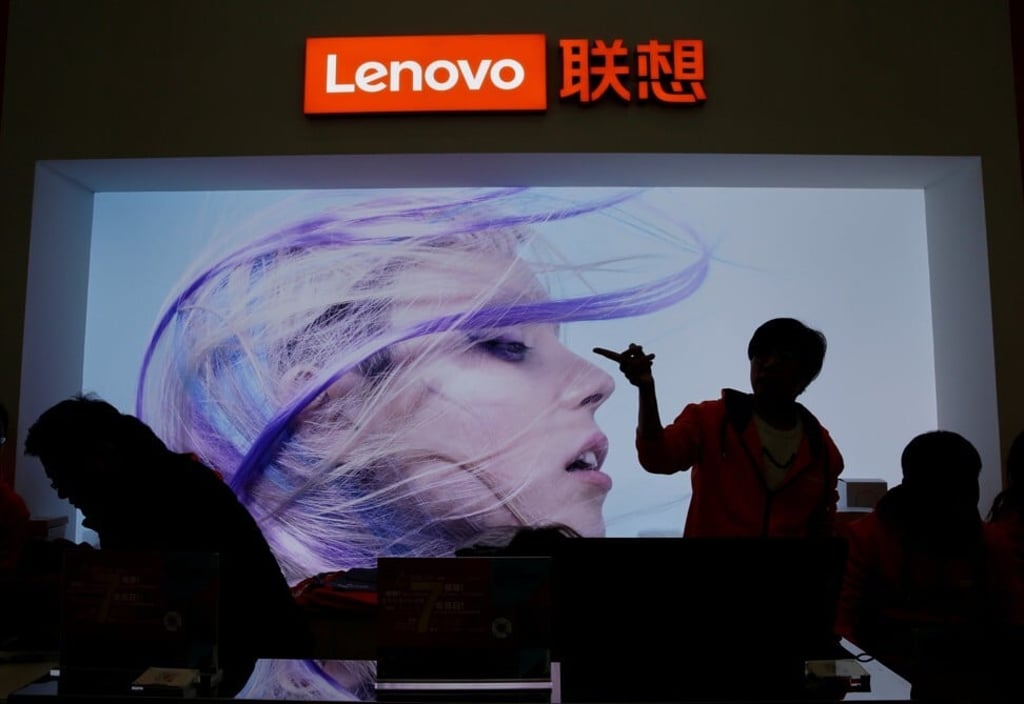Pulled IPOs at Lenovo, Geely Auto test Shanghai Star Market’s ‘hard technology’ listing criteria
- Lenovo is the second Hong Kong-listed ‘red chip’ company to pull its listing plan on Shanghai’s Star Market, after Geely Auto
- New listing requirements introduced in April set minimum ratios on R&D-related spending

The two industry giants, with US$75 billion in combined annual sales and US$2 billion in earnings, withdrew their initial public offering (IPO) plans this year as regulators sought to burnish the Star Market credentials as a board for “hard technology enterprises”.
A new rule in April requires listing applicants to have at least 10 per cent of their headcounts engaged in R&D functions. Other criteria include having at least 5 per cent of their revenue devoted to research and development expenses for the most recent three years, or at least 60 million yuan (US$9.3 million) in aggregate.
“Some of these requirements were not in place when Lenovo and Geely submitted their listing applications,” said Bruce Pang, head of macro and strategy research in Hong Kong at China Renaissance Securities. “These include the increasing focus on the innovative attributes of a tech company, which highlights its R&D input.”

More stringent approvals implemented since April this year have since lengthened the queue of applicants, challenging even established, profitable enterprises to list on the Star Market.
More than 340 companies have listed on the Star Market since its inception in July 2019, with a combined market capitalisation of 4.8 trillion yuan. It added 126 firms in the first three quarters this year, versus 113 in the same period last year. Some 55 are currently awaiting approval, up from 20.